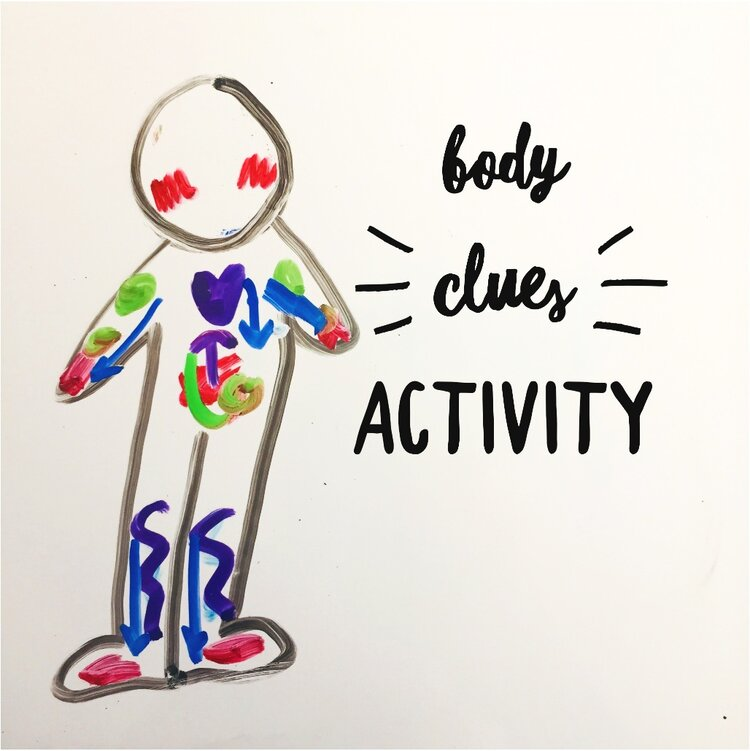The majority of people believe that mental illness exclusively affects adults. As society develops, it becomes more challenging to strike a good work-life balance, which causes individuals to experience anxiety and sadness. Although it is the case that adults often have mental health issues, children’s mental health is just as important.
While most adults work to combat everyday stress and worries, we often neglect our children’s mental health. The majority of us believe that youth is the most carefree period. It is very improbable that youngsters would have mental health issues or diseases. The demands of being a student are increasing daily. A person’s childhood must be a joyful period in their life. But handling mental and emotional sickness might interfere with this carefree period. In maturity, it might have a greater impact and result in more issues.
Although children may feel the same levels of stress and sadness as adults, their signs may be different. For instance, a depressed youngster may exhibit odd outbursts and behavioral issues rather than being calm.
There are several reasons why children may have mental and emotional problems. Meeting new people, coping with parental divorce, loss, bereavement, abuse, poverty, academic difficulties, and issues with peers are a few examples of what may fall under this category. However, certain diseases may run in families and be genetically predisposed.
A sort of therapy known as “child counseling” or “youth counseling” focuses on children who have behavioral issues or mental illnesses. Children need guidance in order to develop their full potential and make the necessary changes in a variety of life circumstances. Child counselors can assist kids in achieving mental and emotional stability, which will benefit them in growing up to be healthier and happier people.
Today’s counselors use a variety of treatment techniques with kids, including play therapy, one-on-one counseling, group therapy, and craft and art therapy. Through these activities, kids often express a lot of their feelings and ideas, and the counselor may also hear the worries. Children in today’s society are conscious of the psychological services that are offered to them in their schools, but they also have preconceived notions about going to a counselor because they don’t want to be labeled as “crazy.” At this point, it is our responsibility as parents to help children grasp the difference among being insane and reality. This is only possible if we recognize that psychotherapy is a tool that people may use to better themselves and live healthy lives.
Children deal with a variety of problems at school, including bullying, social pressure, and body shaming. Exams are intended to teach students how to improve in a topic; in the current environment, however, poor test results cause stress and unhappiness among students.

Counselors for children work both with and for children. The atmosphere in a therapy session is created to be more welcoming and cozy rather than a place where they may learn to adjust speaking phobias. Children who get counseling are able to communicate more effectively and feel safe while doing so away from their loved ones. Children now experience pressure to conform to societal standards depending on their age groupings, just as adults do. When the need to fit in with the group becomes stronger, it might cause troubling thoughts and self-doubt. This has an impact on how they see themselves and develop their character.
